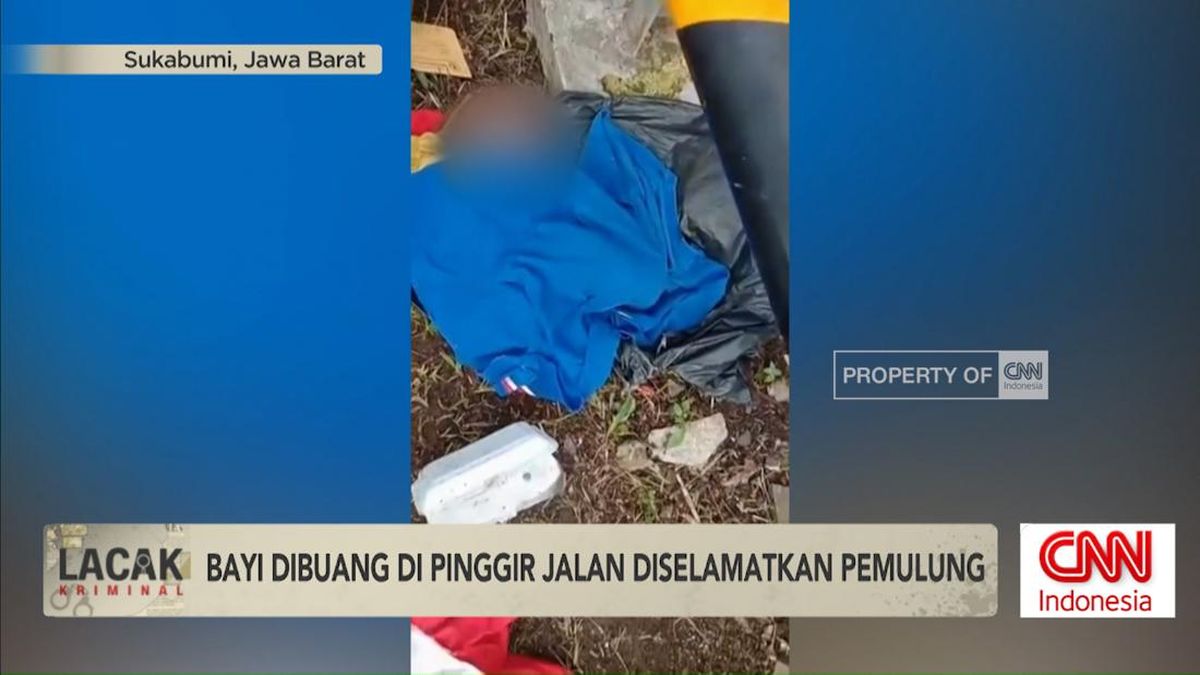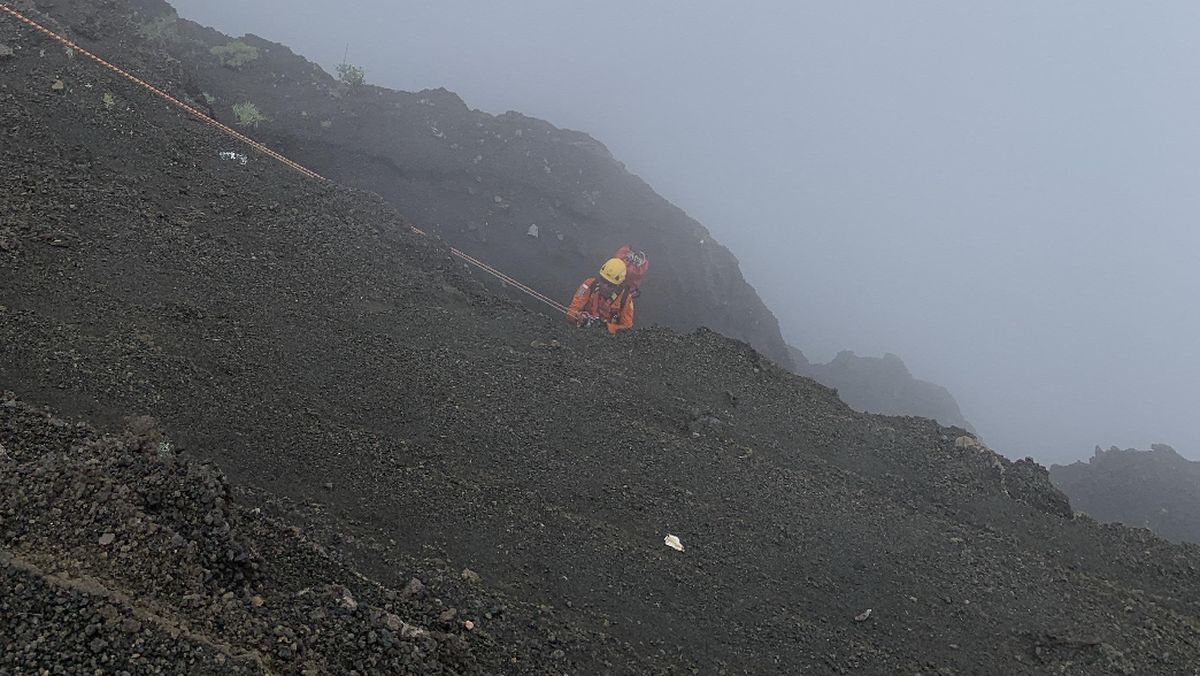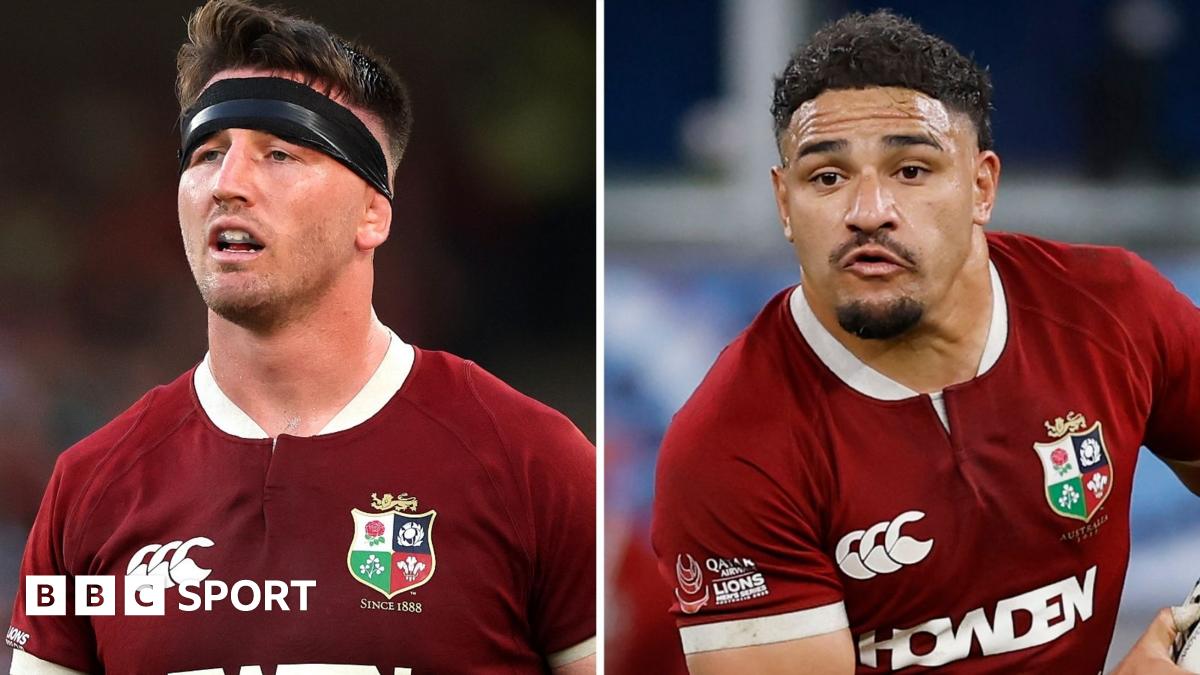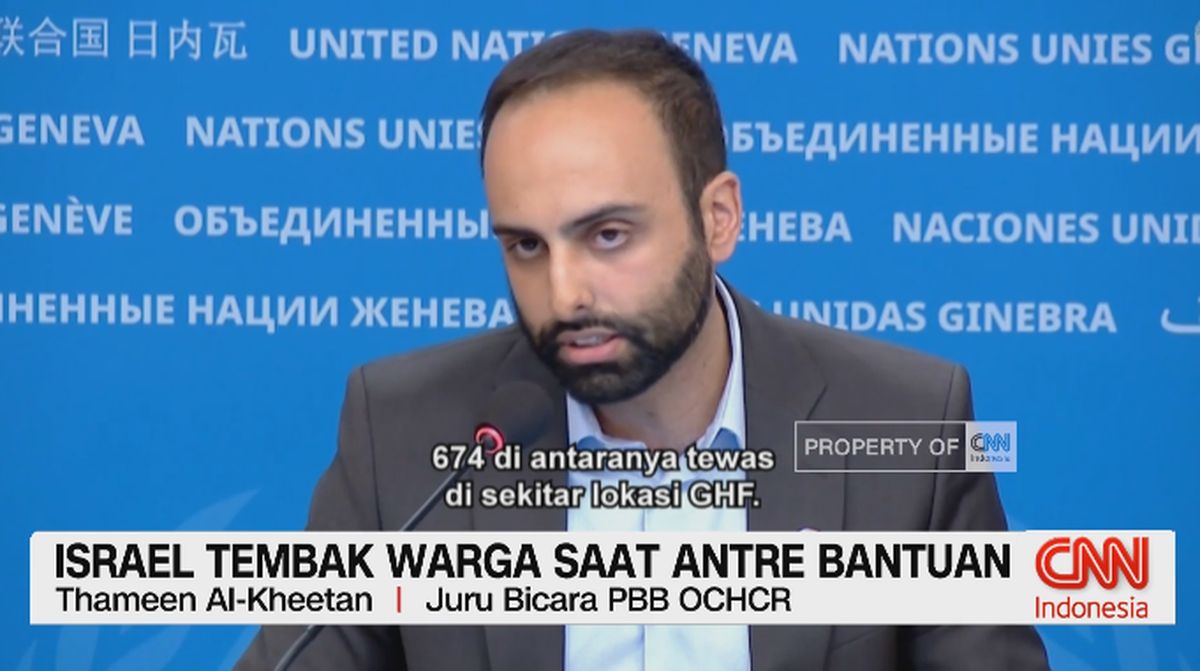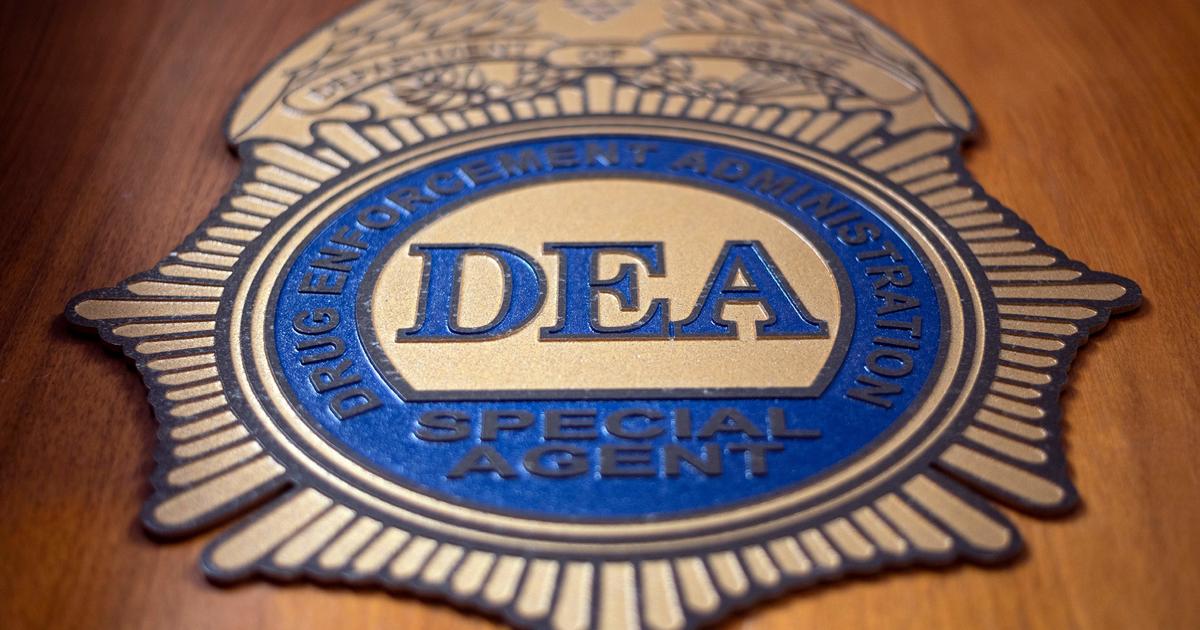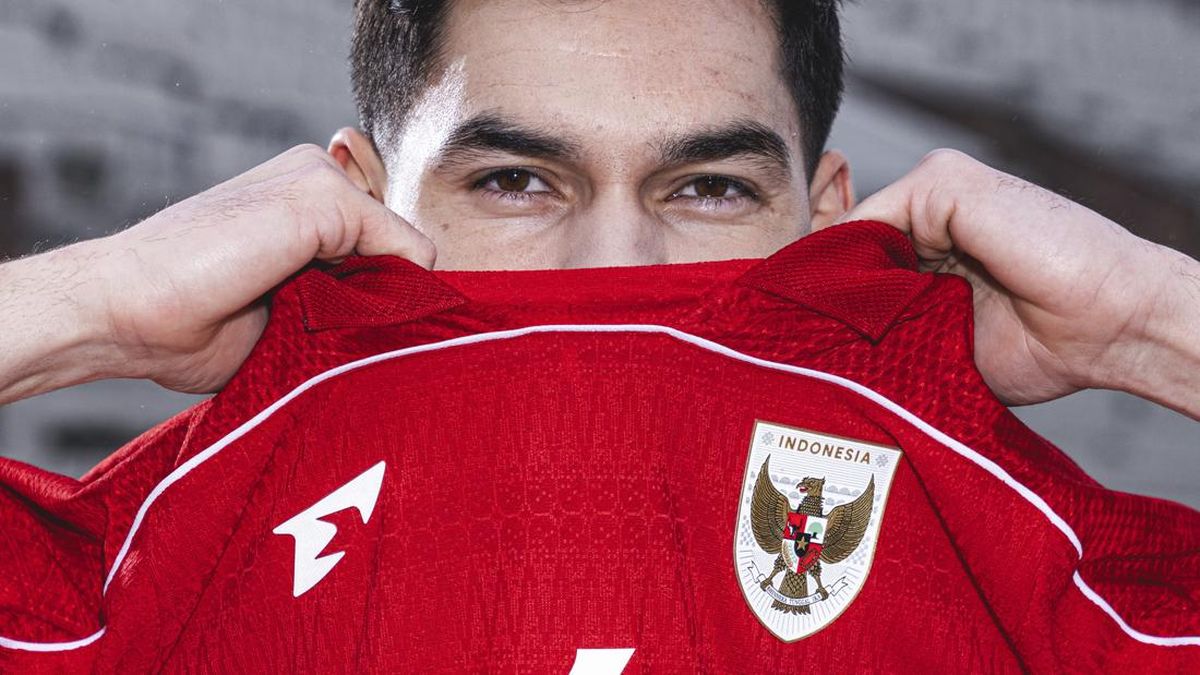Miami — Marine scientists in Miami are hoping to restore Florida's coral reef by taking coral from Honduras and crossbreeding it.
Warming ocean waters have had a devastating impact on the coral reefs of the Sunshine State. Efforts are underway to save the third-largest barrier reef system in the world, including the use of lab-grown corals and the removal of healthy corals, but scientists are now trying a method that they say has never been done before.
"It's the first time ever in the world that an international cross of corals from different countries have been permitted for outplanting on wild reefs," Dr. Andrew Baker, a marine biologist at the University of Miami's Rosenstiel School of Marine Science, told CBS News on a boat ride near Miami.
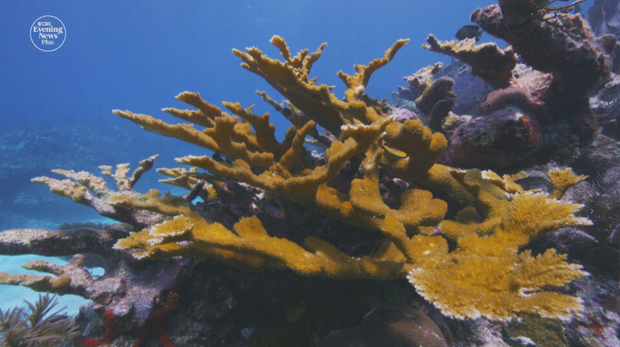 The Elkhorn coral.
CBS News
The Elkhorn coral.
CBS News
There are dozens of stony coral species along Florida's 350 miles of reefs, from the Florida Keys up to the St. Lucie Inlet. Two of them are listed as threatened under the U.S. Endangered Species Act, according to the Florida Department of Environmental Protection, one of which is the Elkhorn coral.
The Elkhorn species helps form the skeleton of a healthy reef, but according to Baker, more than 95% of the Elkhorn coral off Florida has been wiped out by a combination of factors, including rising temperatures fueled by climate change, increased coastal development and disease outbreaks
"Over the last 50 years or so, we've lost more of these Elkhorn corals, culminating in 2023 when we had this really warm summer," Baker said. "And in order for that population to recover, it was determined that we need more diversity from outside the Florida population."
So, scientists and conservationists started looking off the Caribbean coast in Honduras, specifically Tela Bay, where Elkhorn coral live in "the kind of conditions where corals have to be really tough to survive," Baker said.
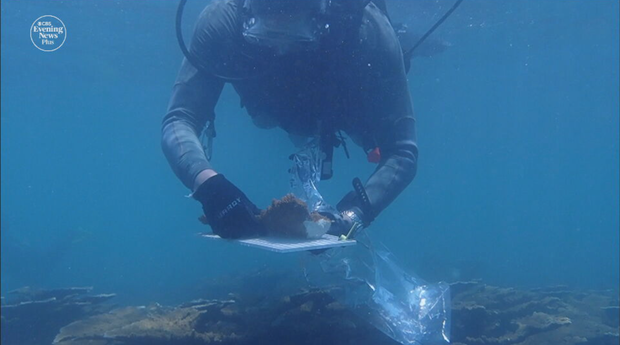 Scientist collects a Honduran elkhorn fragment in Tela Bay.
CBS News
Scientist collects a Honduran elkhorn fragment in Tela Bay.
CBS News
To crossbreed the Elkhorns, scientists with Tela Marine, a Honduras-based aquarium and marine research center, carefully plucked coral from the reef in Honduras. Permits were then needed to transport the coral fragments into the U.S.
Once they arrived in Florida, scientists with the University of Miami and the Florida Aquarium in Tampa worked to create the "Flonduran" Elkhorn, as it was nicknamed by Baker.
Earlier this month, the crossbred species were planted for the first time in Florida, underneath protective umbrellas to deter predators.
"And if these corals can live through the next marine heat wave, then that is critical for our coastal protection on the coast of Florida," said Keri O'Neil, the director of coral conservation at the Florida Aquarium.
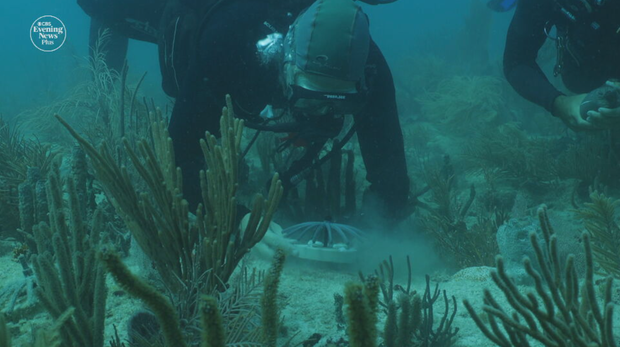 The planting of a baby Flonduran Elkhorn off the coast of Miami.
CBS News
The planting of a baby Flonduran Elkhorn off the coast of Miami.
CBS News
With robust and healthy corals, South Florida's coastal communities are better protected from flooding because the reefs help break up hurricane-fueled waves. The planting of the first Flondurans is just the start of what's needed to rebuild.
"We need to now scale this up and be out planting hundreds of thousands of baby corals all throughout the reef," Baker said. "And there are ways to do that, but we've got to gear up and get going."
Manuel Bojorquez is a CBS News national correspondent based in Miami. He joined CBS News in 2012 as a Dallas-based correspondent and was promoted to national correspondent for the network's Miami bureau in January 2017.

